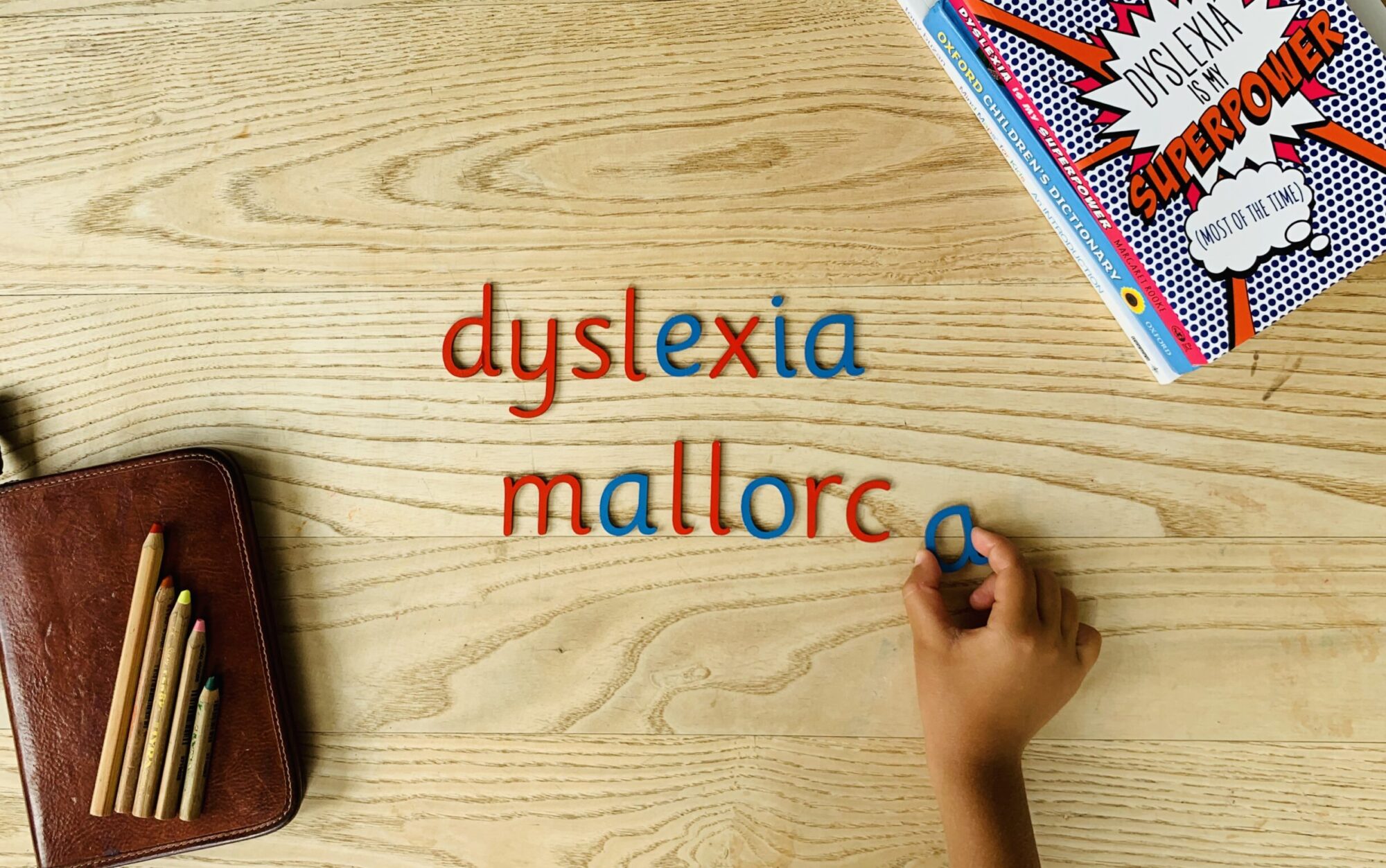Access Arrangements are pre-examination adjustments for candidates based on evidence of need and normal way of working.
We are able to offer exam access arrangement assessments for IGCSE’s.
Who can get exam concessions?
Exam arrangements can only be granted if they are a candidate’s ‘normal way of working’ and the candidate has a history of need. Any arrangements made must reflect the support that the candidate has had in the past few years, alongside their assessment test results.
An assessor’s report must show that the candidate has a significant and long-term impairment. For example a candidate who is eligible for extra time would need to have scores that are below average in speed of writing, reading, reading comprehension or cognitive process, demonstrating they work much more slowly than others. This must then be backed up by teachers, and evidence must be provided that this is the candidate’s normal way of working.
What sort exam arrangements are available?
This list is not exhaustive, but these are some of the most common arrangements:
Extra time: The most frequent EAA is extra time which is usually around 25%. More time can be allocated to candidates with more severe difficulties and disability on an individual case by case basis. We know of one pupil allowed seven hours to complete a maths paper using eye gaze technology.
A reader: Readers can be used for candidates who have visual impairments or a disability that affects their ability to read accurately themselves. In an exam that assesses reading ability a human reader is not allowed. In some cases a computer reader will be allowed.
A scribe: Scribes can be allocated to candidates who have a disability or injury that affects their ability to write legibly.
Modified papers: These are papers which must be ordered well in advance of the exam in different sizes, fonts, colours, braille, or modified language.
Assistive technology: If the candidate uses assistive technology as their normal way of working they will be able to continue this for exams. Some of the most common requests are for word processors, exam reading pens, computer text readers, and voice processors.
Separate room: Many candidates who have EAAs will need to work in a separate room.
Rest breaks: Supervised rest breaks, these are not included in the extra time allowance.
Candidates who have a history of needing rest breaks and/or a separate room do not necessarily have to apply for EAAs, the school’s special needs co-ordinator (SENCo) can organise this as long as it reflects the person’s normal way of working and can be evidenced. The SENCo must be satisfied the need is genuine, and those eligible might include pupils with learning, communication and interaction needs; a medical condition; and sensory, physical, social or mental and emotional needs.
